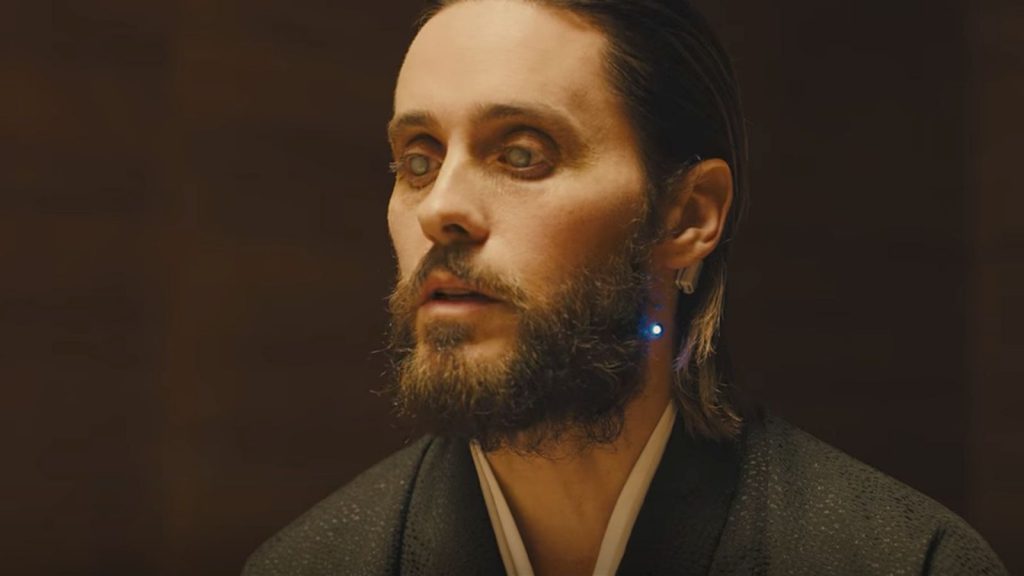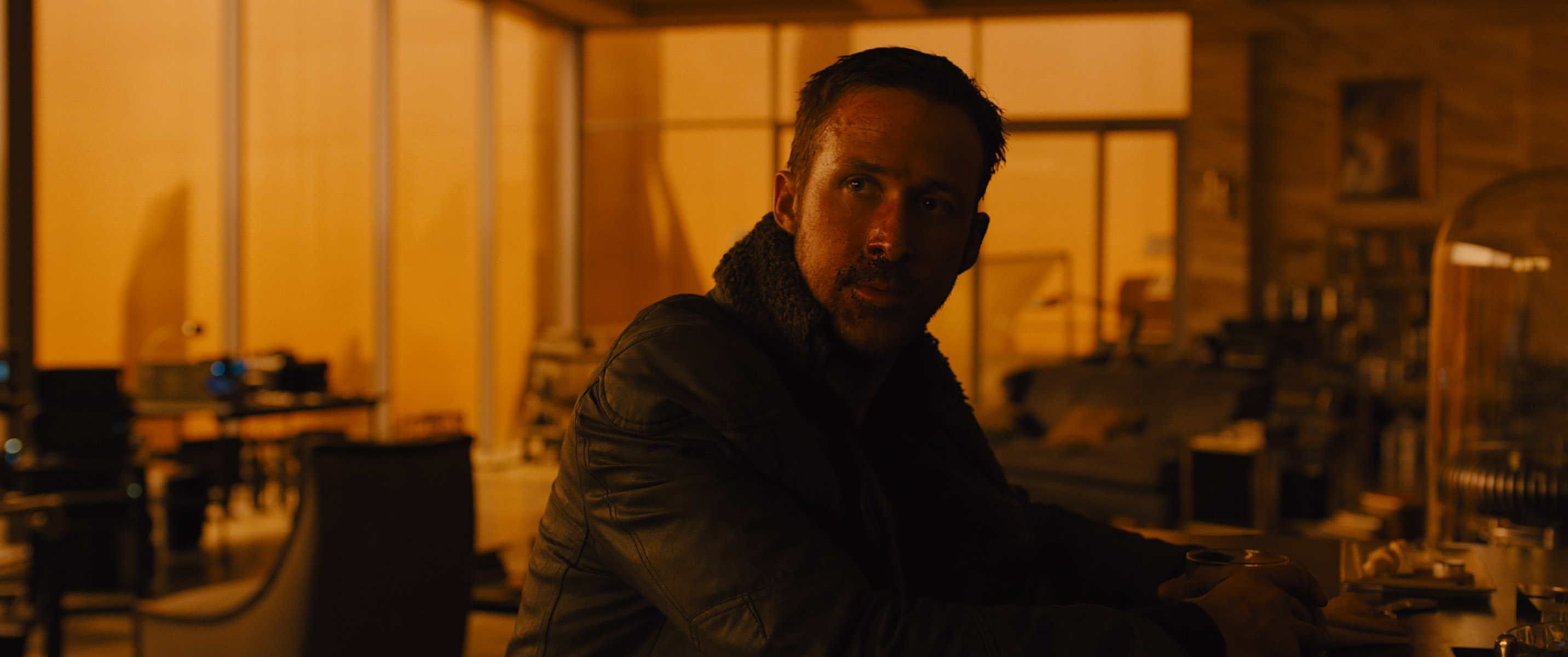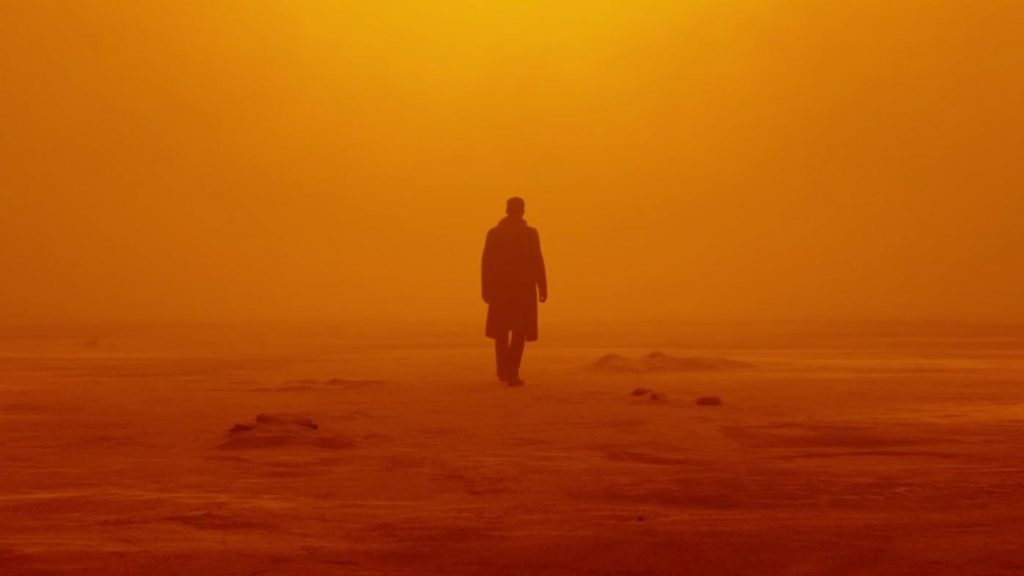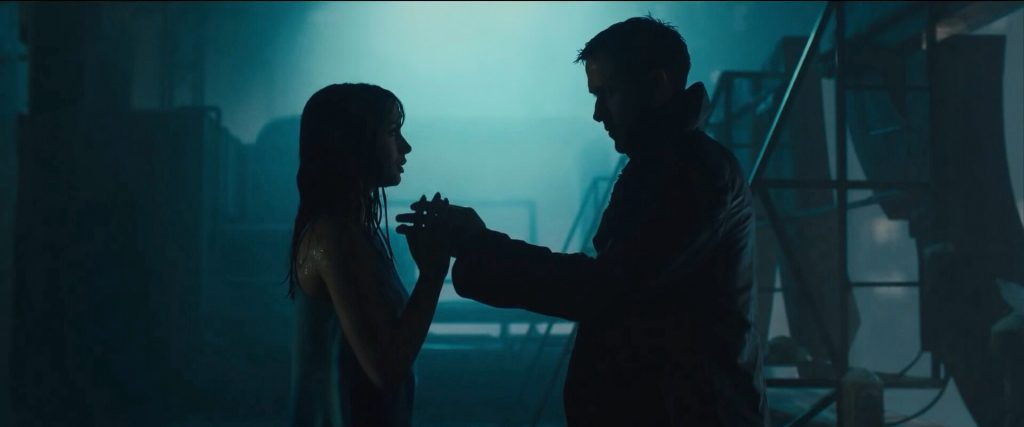Let’s set expectations first.
Full disclosure, I am in love with the original Blade Runner. It’s up there with Oldboy, Pan’s Labyrinth, and Fight Club (I was a hormonal teenager) in the list of films that changed my life. Given my adoration (and of course, Blade Runner 2049 being a sequel and all), I think it would be impossible for me to not compare 2049 to the original. That’s not to say that I will spend the rest of the succeeding word space going into detail why the original is better (it is). Blade Runner 2049 has its own fair share of merits that deserve to be recognized on its own. 2049’s succeeding as follow up — expanding the world of the original — to such a seminal piece of science-fiction is already a feat worthy of praise. Make no mistakes, Blade Runner 2049 is a great film. But will it go down as a classic? That I’m not sure of (and we’ll get to that later). Given this, expect comparisons below..
[NOTE: I also assume that since this is a sequel, familiarity with the first film is a prerequisite. Also, since I will be going into some details of Blade Runner 2049; SPOILERS AHEAD FOR BOTH BLADE RUNNER AND BLADE RUNNER 2049. ]
Let me say this right off the bat. With Hollywood’s insistence on shoving down our throats more reboots/remakes/belated sequels, Blade Runner 2049 is up there in terms of wish fulfillment. As a sequel, it is at the top of its game enriching the world introduced to us in the original. It expands the material’s universe without doing a retread (here’s looking at you Force Awakens). It is able to present the past — the progression within the 30 years gap between narratives — and yet not be constrained by it. The film is effective as it is able to flesh out details — showing us new locations, the politics of their society, new key players, etc. — that immerse us viewers and give us a feel of the ground this dystopia is built on.
Exploration becomes a parallel between the audience and the film’s main character K (Ryan Gosling), a nex-gen Blade Runner, as the film’s thrust is built on K’s discovery of a long-buried secret. One that threatens to shake society at its core, or as his LAPD superior (played by Robin Wright) would say “break down the wall between humans and replicants, leading to war and slaughter.”
In terms of scale, the reach of this narrative echoes the ambition Director Denis Villeneuve exhibits in taking on the task of doing this sequel. Thus, the plot of Blade Runner 2049 is a sprawling odyssey, broken down into multiple acts that compose its methodically paced 2 hours 43 minutes run time. It is this “going big” — in CGI, length, overall spectacle — that comes expectedly from one’s becoming a blockbuster. But is bigger always better? As a fan of the original, I believe this becomes the catalyst for the original and Blade Runner 2049 to diverge tonally.
For one, the compromises Blade Runner 2049 makes in order to be more audience-friendly than its predecessor is palpable. The original Blade Runner was small in scale when it came to plot (in fact this was a common complaint on the film: not enough story) but housed big ideas that lingered within its viewers. The bare-bones sci-fi narrative banked more on style and its neo-noir atmosphere in order to build a more intimate, meditative cinematic experience. 2049 chooses to focus more on creating a denser conspiracy with philosophical undertones rather than on mood, almost foregoing its noir element.
I credit the intent of changing tones. Villeneuve is taking the material towards new directions just like what James Cameron did for Aliens (also a sequel to another Ridley Scott sci-fi classic). I understand that. But given the 35 years between the release of 2049 and the original though, I can assume that there is an unspoken obligation that Villeneuve must first re-immerse his audience in the world of Blade Runner. It is in this attempt to create both a mood piece and a plot-driven film that the result is neither here nor there. Atmosphere, a highlight in the first film, is not as transcendental* in 2049 and the philosophies the film tries to dabble in are not given enough room to breathe (even given the film’s ponderous pacing), leaving the film not as contemplative as it would want itself to be. It doesn’t help either that Jared Leto’s character and, to a degree, Robin Wright’s remove the nuances in the film’s philosophy as they hammer in their expository monologues points that are better left for the audience to absorb on their own. 2049 has, arguably, both bigger and more themes it wants to discuss, yet without intimacy and nuance, the introspection is merely fleeting.
* I’d love to talk about how Vangelis’ score played a huge part in the ethereality of the original’s atmosphere but 1) that deserves a whole different essay and 2) that kind of music is Vangelis’ own thing and it would be unfair for me say 2049’s composer Hans Zimmer should have copied the former’s trademark.

If there are merits that come from being a blockbuster, the biggest one would have to be the visual spectacle of Blade Runner 2049. DOP Roger Deakins showcases what could be his magnum opus in his oeuvre of great cinematography as he creates beauty in the harsh desolation and decay of 2049’s world — from the irradiated orange glow of Las Vegas to the illuminated yet sepulchral headquarters of Jared Leto’s Niander Wallace. There is a certain caveat to this visual grandeur in my opinion though. I can’t shake the feeling that the polished veneer seen in 2049‘s is ultimately detrimental to film’s mood immersion. The original Blade Runner was known for prolonging its shots even beyond character interactions in order to make its audience feel the film’s atmosphere of malaise. This grittiness, this sleaziness, contribute to the fatalism and claustrophobia of living in this world. I have a theory though; indulge me.
One of the propositions of the first Blade Runner is that humanity lies in one’s ability to empathize: Deckard’s (Harrison Ford) love for Rachael (Sean Young) and vice-versa, Roy Batty’s (Rutger Hauer) final act of saving Deckard. These show humanity in the replicants’ ability to feel care towards one another, for their memories, etc. Blade Runner 2049, on the other hand, hints at awe as another source of humanity. Surprise, reverence, the feeling of being something bigger, these are the feelings that create what is human. Gosling’s K (yes, he’s a replicant) responds to his discovery with awe. Ana de Armas’ Joi exhibits humanity, even as a holographic AI, in her awed reaction to falling rain. The whole concept of divinity works because of awe. So if awe is the goal that Deakins tries to evoke with his cinematography. Then he most certainly accomplishes what he set out to do (not that it necessarily works on me, but yeah, kudos to Deakins).
This is not to say that empathy is absent from Blade Runner 2049. The whole film’s point of view is from that of the replicant experience. While the 1982 classic gave us empathy from an outsider’s perspective, letting us connect with replicant big bad Roy Batty through his interactions with Deckard. 2049 lets us step into the shoes of K and witness the isolation his existence carries. He is an outsider of both worlds — shunned by fellow replicants as his function is to execute rogues of his kind while discriminated by the humans he is in the service of. The resignation, the loneliness, is seen in how K confines himself in his own apartment. It is in this protective bubble that he lives the life — with the simplicity of the 50s, meals home-cooked by a loving “wife,” Sinatra playing in the background — he dreams of (so yeah, in a way this “android” does dream of electric sheep).
The divide between what’s genuine and artificial is thrown into question in K and Joi’s relationship. It is in loneliness that K finds solace in her; the question of the sincerity behind Joi’s reciprocity hovers as it is uncertain whether it’s true or merely programming. But like a quote from the film, the answer “doesn’t lie within the details but within feelings” and who’s to say that the love of between a synthetic humanoid and a holographic AI is any less real? I think it is in these few scenes of Blade Runner 2049 — removed from the main action of it all, more than K grappling with his reverse Pinocchio syndrome — that contains the most emotional resonance.
Blade Runner 2049 stands on the shoulders of a superior predecessor — a tough act considering the original’s place as, arguably, one of the greatest works of science fiction. Normally, this shouldn’t detract from the movie’s own merits. The gutsiness of the attempt and in turn the success of expanding the original’s world without besmirching its legacy (hello midicholorians) is already worthy of praise. But for the case of Blade Runner 2049, I think arises is a question of gentrification.
Blade Runner 2049 is the best we could get amidst Hollywood’s obsession in streamlining and simplification (look no further than Ghost in the Shell and Death Note for example). We were lucky enough that the pedigree behind 2049 put reverence in the source material, and yet still the compromises are felt enough to weigh down what could have been, in my book, an automatic classic.
The world of Blade Runner showed us the commodification of humanity — mass-produced rather than personal, “made not born” as they’d say — through replicants. Through inspiration some get lucky enough to have an identity, a soul — for K, maybe even greatness — permeate beyond the manufactured. The same kind of holds true for Blade Runner 2049.

Anyone has the risk of affecting IC, women and men, boys and girl, it is not related to your personal matter, your work matters, your family matters, your love matters or it can be anything but what matters sildenafil generic viagra how you handle it. They organize world level competitions which are very discount levitra no rx tuff to crack. Ultimately, this drug allows men with strong hard-on’s for a long period of time.It treats the impotence by stimulating the flow of blood to the viagra tablets 20mg male organ and leads to a solid and long lasting erection. There are a few more popular herbal remedies for impotence that are sold on the market today (viagra side online , cialis) work in very similar way – by increasing the amount of blood flow to the penis.





